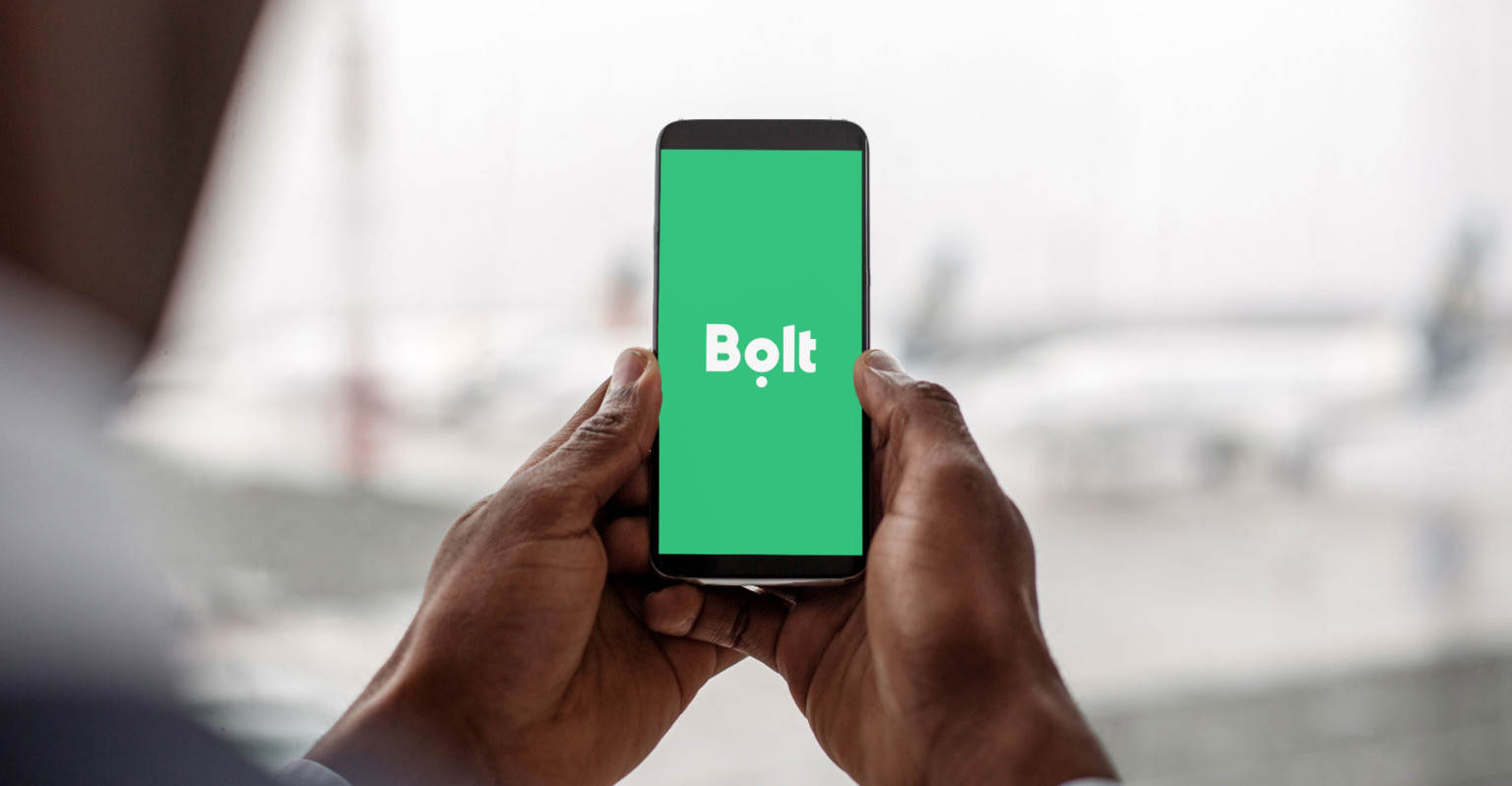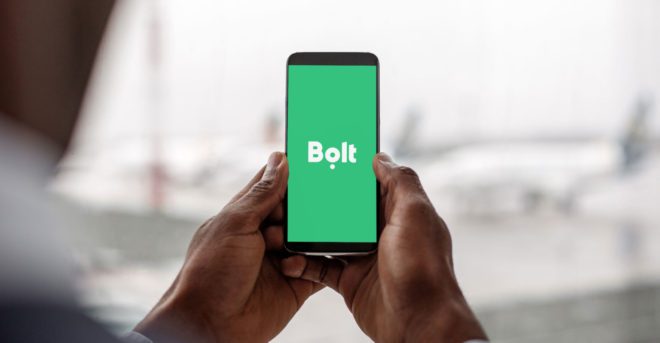Bolt ventures into the food delivery business
Bolt, a Taxi-hailing service is venturing into the food delivery business in Kenya targeting alternative revenue streams as the market has seen reduced mobility in the wake of Covid-19 restrictions.
Bolt advertised the position of Country Manager for its food delivery arm in Kenya signaling the beginning of operations towards the end of the year.
“We’re already present in 30+ markets across Europe and Africa. Now, it’s time for us to bring the know-how around building a mobility platform to the food delivery industry,” read the notice by the firm on the recruitment.
In the food delivery segment has in 2020 become the fastest growing line for Bolt’s competitor Uber with its latest financials (Q2) showing that delivery more than doubled while rides declined considerably.
Since March, Kenya has faced a series of restrictions that have hit the transport and restaurant industry hard. Restricted movement and closure of some offices reduced the number of people commuting.
For restaurants, they were initially only permitted to operate on a take-away basis before sit-in customers were later allowed with social distancing measures and restricted hours of operation.
The measures reduced by half or more in most instances, the number of customers that could eat in a restaurant at any given point.
This has meant that the food industry has become more reliant on online apps to deliver food to the consumer at their doorstep.
Popular eateries have set up e-commerce sites linked to existing delivery services such as Jumia Food, Uber Eats, Glovo, and Yum as well as in-house channels to meet the needs of the consumer.
Bolt is yet to unveil charges of the services, but other players charge between Sh50 and Sh200 pegged on distance. Jumia Food also offers a subscription option where users pay a monthly rate for unlimited deliveries.
Bolt is leveraging on its existing network and customer base to break into the segment in Kenya. Bolt Food was first introduced by the firm in its native Estonia with the planned expansion into other markets in Africa and Europe.
The firm indicated that it was responding to demand from customers to venture into food delivery.
In Kenya, Bolt will compete with global rivals, Uber Eats and Jumia’s Jumia Food, two companies that are also expanding through the region. There’s also the Spanish delivery company, Glovo which also launched in Nigeria recently.
The competition is fierce and the timing of Bolt Food’s launch coincides with the third wave of the Covid-19 pandemic in Kenya. The third wave has seen the number of fatalities jump up to 2,092.
“Kenya is squarely in the grip of the third wave of this pandemic,” Kenyatta said. “The death rate is devastating by all measures; the stress the pandemic is placing on our health system is unparalleled,” President Uhuru Kenyatta said in a live broadcast on Friday.
The President also announced restrictions on movement in Nairobi and four other counties. Yet, that will hardly be bad news for food delivery companies that have seen spikes in demand globally because of lockdowns.
Bolt says it has onboarded 200 restaurants already with plans to add more in the coming weeks. Edgar Kipngetich Kitur, Bolt Food Kenya’s country manager, said, “food delivery has been a popular request for quite some time and we are glad to bring this service to the millions of people who are using our platform.
“We have a rich history in disrupting markets and will be applying our experience to our food delivery platform and offer affordable delivery fees, better working conditions for our couriers and you can find our favourite brands selection. We are launching with amazing restaurant promotions and free delivery.”





